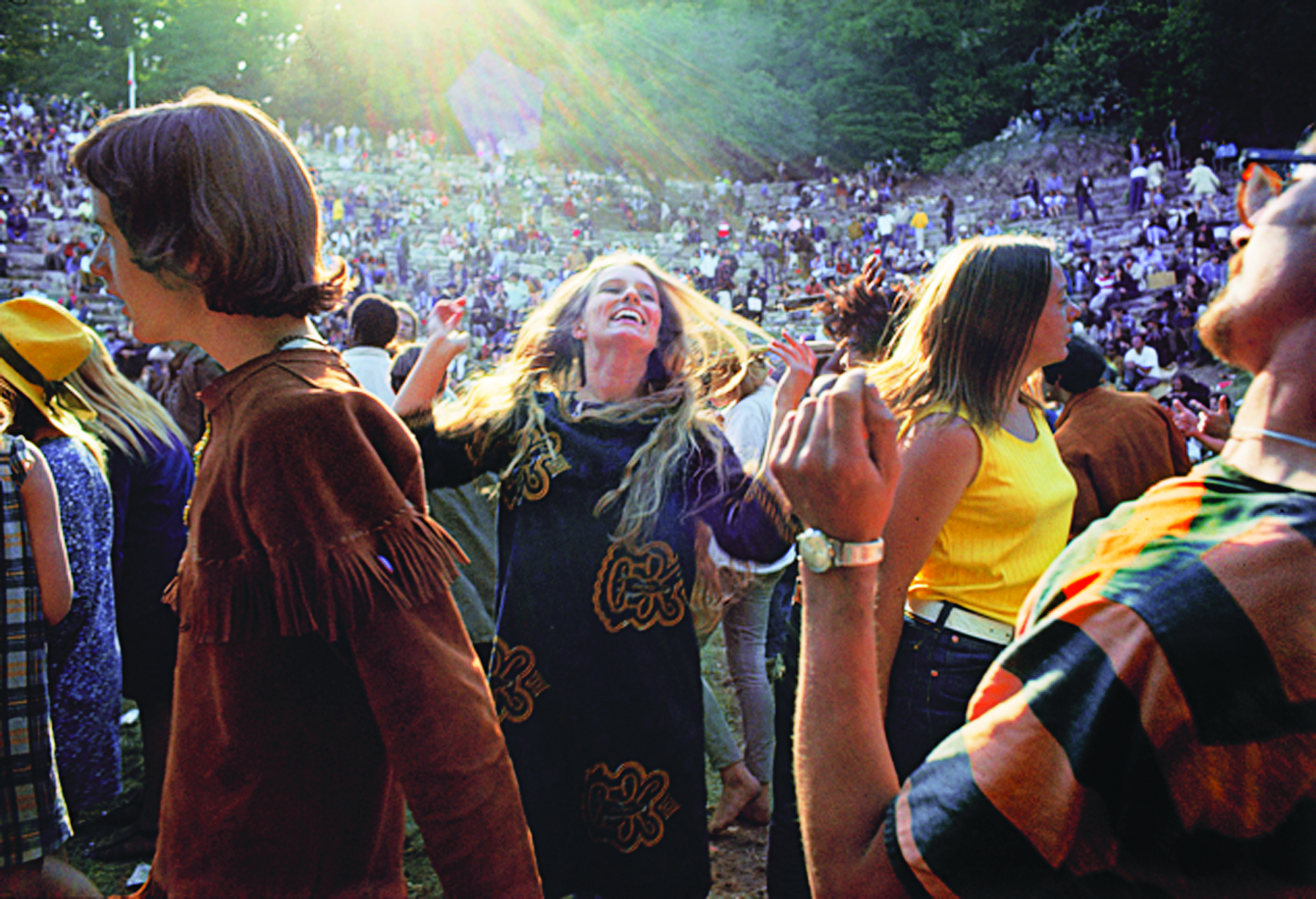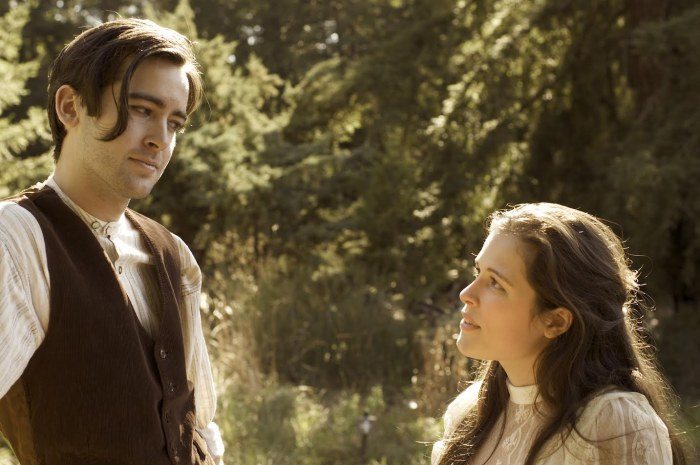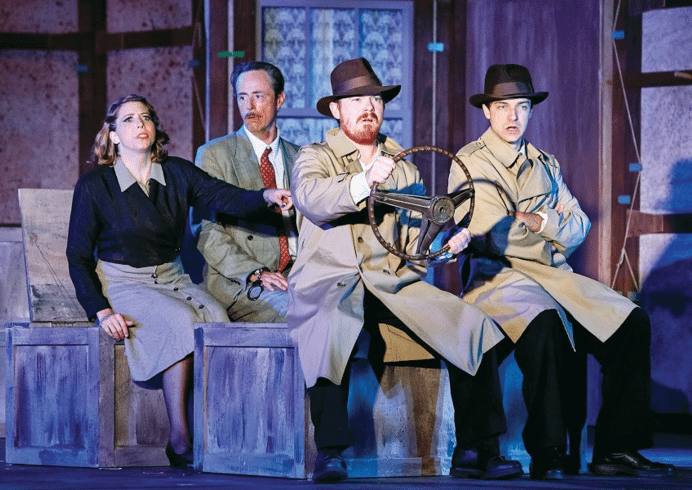By David Templeton
The description of Hair, in concert, sounds a bit sedate and under-ambitious, conjuring images of folks in tuxedos and gowns standing at microphones, singing calmly. “But because I’m an overachiever,” says actor/singer Jeff Wiesen, director of this weekend’s Mountain Play Association presentation, “I’m staging it as if it were a rock concert in the 1960s.”
Anything but static, the performance will be everything one would hope for from a “concert version” of the show originally billed as “The American Tribal Love-Rock Musical.” In celebration of the 50th anniversary of the Summer of Love, Mountain Play is transforming Mt. Tam’s Cushing Memorial Amphitheatre—where the company is currently running a dazzling production of Disney’s Beauty and the Beast—into a rock festival: The Magic Mountain Play Music Festival.
It is, to a degree, a way to honor the original Magic Mountain Music Festival that took place on the mountain 50 years ago, kicking off San Francisco’s Summer of Love. Among other performers, half a century ago, was the legendary band Jefferson Airplane, which later became Jefferson Starship. They will be headlining the festival, with original Starship members David Freiberg and Donny Baldwin in the band. Other musical acts will be featured on two different stages, along with food and drink and an array of ‘Flower Power’ activities.
The highlight, however, will be the presentation of Hair. Wiesen was part of the cast, playing the pivotal role of Berger, when the Mountain Play staged a full production of Hair 10 years ago. This time, he says, the show will be much more than just a concert.
“We will have choreography and dancing,” Wiesen says. “There is a lot of staging and action. Most of the original dialogue has been kept, and it really will be the whole story of Hair. But the actors will be using handheld mics, like a rock concert. This is as close to a full production as we can do.”
It is, he admits, a lot of work for what will be a one-time-only performance.
“That makes it all the more special,” Wiesen says. “This cast has put so much heart and soul and love and energy into this show, and they all know there will be just one time to do it, our one-and-only shot. So they will not be holding anything back. It’s going to be spectacular.
“There will be some very cool moments,” Wiesen continues, keeping the details private, “all of which arise from having just one chance to tell this story. It’s something we’re all very excited about.”
Wiesen admits that he was not alive when the original Summer of Love—or the debut of Hair—altered the consciousness of the country.
“Growing up in the San Francisco Bay Area, as I did, the legend of the Summer of Love, the whole peace movement, has had an effect on me, even if I wasn’t exactly there,” he says. “The thing that is most poignant to me about the Summer of Love, the Civil Rights Movement, the anti-war movement and all of it, is that it’s a bit of a mirror, a reflection of what seems to be happening again today.”
The progressive values and commitment to civic engagement that was at the heart of the peace movement, he suggests, has been reignited by recent events.
“There are changes taking place in the country that seem to me to be moving in the wrong direction, away from the gains we’ve made in terms of freedom and equality,” he adds. “I’ve been watching this incredible surge amongst young people, reclaiming some of those ideals, now that they are seeing some of their freedoms and choices coming under threat.”
Hair, the story of a tribe of young people struggling to make a positive change in the world, could not come at a better time, Wiesen believes. Ironically, when Hair first came out, with the anthem “Age of Aquarius” declaring that a whole new world of harmony and understanding had arrived, many believed that to be true. Today’s news would seem to indicate that the Age of Aquarius never quite took hold.
“Well,” Wiesen says, “many of us in this show would rather take the position that what we’re seeing in the world today, all of this ugliness, is just the last gasp, the dying embers, of an old white male patriarchal establishment. It’s a challenging time, and we think that getting out there on the mountain, singing these songs again, remembering how far we’ve come, is exactly what we all need right now.”
Magic Mountain Play Music Festival, Saturday, June 10, Cushing Memorial Amphitheatre, 801 Panoramic Hwy., Mill Valley; 11am; $25–$40; 415/383-1100; mountainplay.org.









